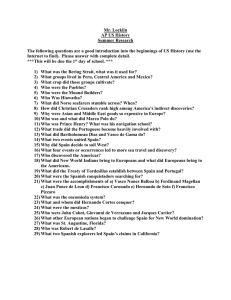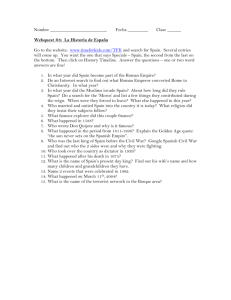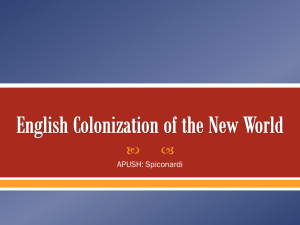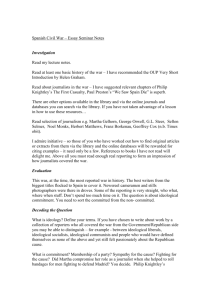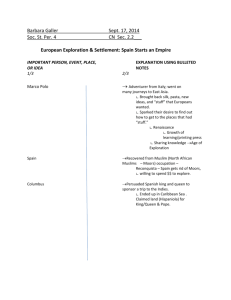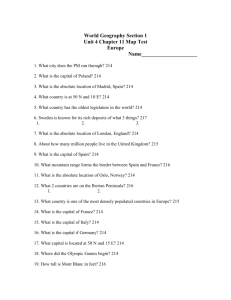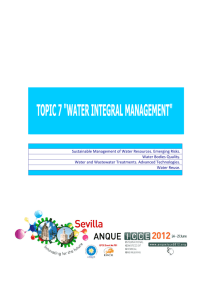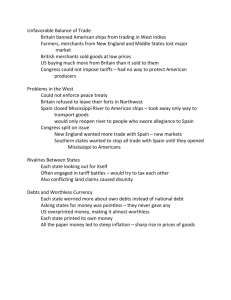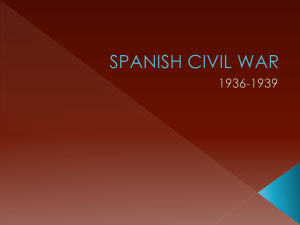Centennial Honors College Western Illinois University Undergraduate Research Day 2014
advertisement
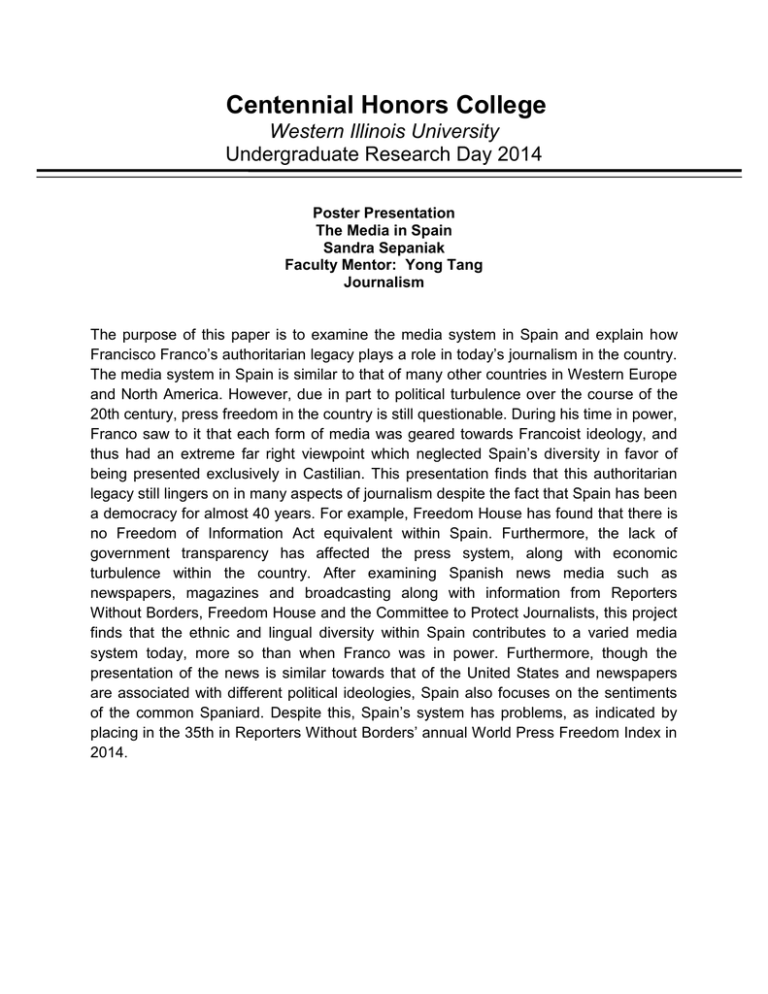
Centennial Honors College Western Illinois University Undergraduate Research Day 2014 Poster Presentation The Media in Spain Sandra Sepaniak Faculty Mentor: Yong Tang Journalism The purpose of this paper is to examine the media system in Spain and explain how Francisco Franco’s authoritarian legacy plays a role in today’s journalism in the country. The media system in Spain is similar to that of many other countries in Western Europe and North America. However, due in part to political turbulence over the course of the 20th century, press freedom in the country is still questionable. During his time in power, Franco saw to it that each form of media was geared towards Francoist ideology, and thus had an extreme far right viewpoint which neglected Spain’s diversity in favor of being presented exclusively in Castilian. This presentation finds that this authoritarian legacy still lingers on in many aspects of journalism despite the fact that Spain has been a democracy for almost 40 years. For example, Freedom House has found that there is no Freedom of Information Act equivalent within Spain. Furthermore, the lack of government transparency has affected the press system, along with economic turbulence within the country. After examining Spanish news media such as newspapers, magazines and broadcasting along with information from Reporters Without Borders, Freedom House and the Committee to Protect Journalists, this project finds that the ethnic and lingual diversity within Spain contributes to a varied media system today, more so than when Franco was in power. Furthermore, though the presentation of the news is similar towards that of the United States and newspapers are associated with different political ideologies, Spain also focuses on the sentiments of the common Spaniard. Despite this, Spain’s system has problems, as indicated by placing in the 35th in Reporters Without Borders’ annual World Press Freedom Index in 2014.
